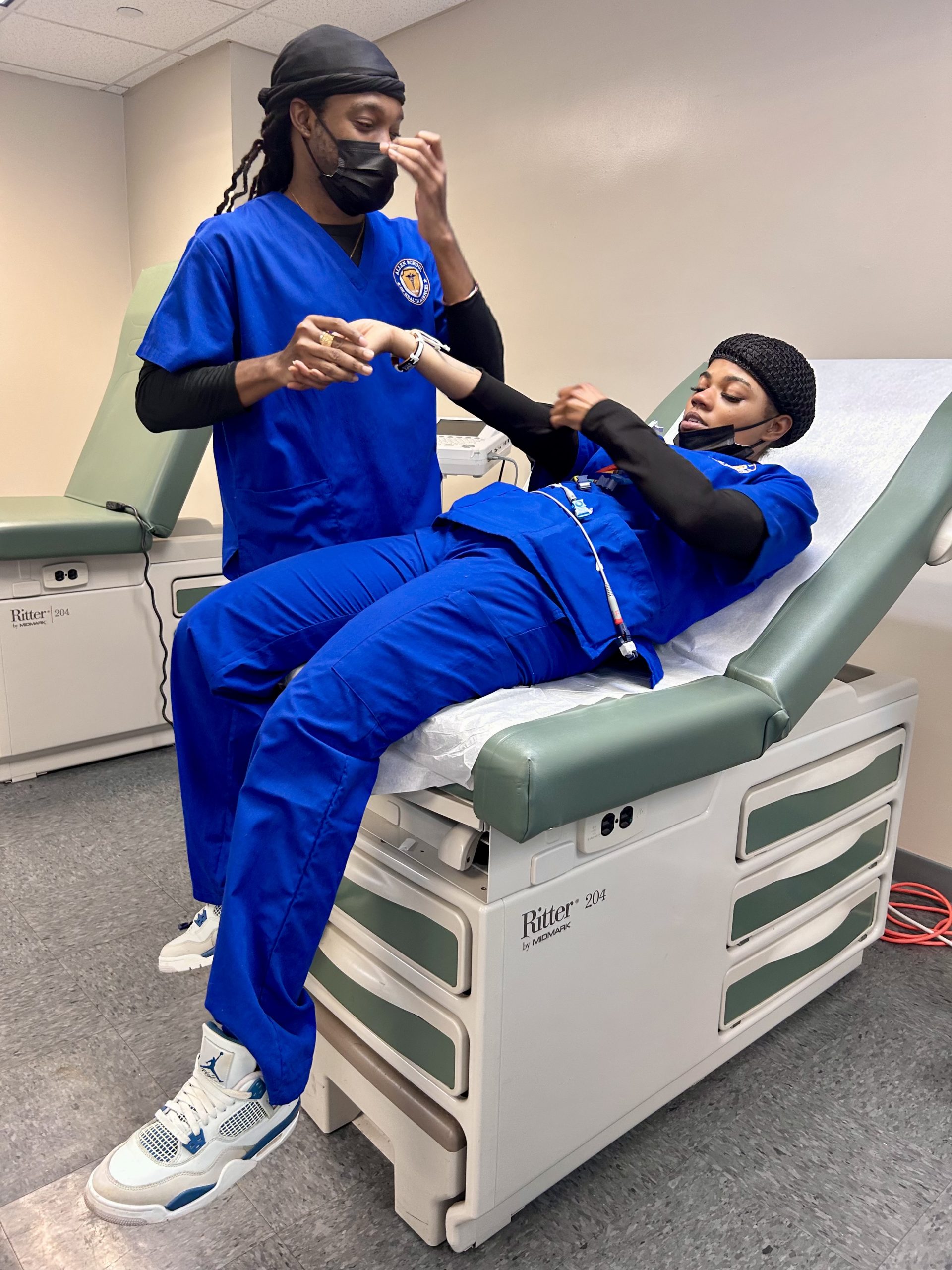
Medical assistants (MAs) play a vital role in the patient-centered care model, which emphasizes the importance of understanding and responding to patients’ needs, preferences, and values. By being integral members of the healthcare team, MAs help create an environment that prioritizes patient engagement and satisfaction. Here are several ways in which medical assistants contribute to a patient-centered care model:
1. Building Strong Patient Relationships:
– First Point of Contact: MAs often serve as the first point of contact for patients, establishing a welcoming and supportive atmosphere. This initial interaction can set the tone for the patient’s experience.
– Effective Communication: MAs are trained to communicate clearly and empathetically with patients, ensuring they feel heard and valued. This open communication fosters trust and encourages patients to share their concerns.
2. Understanding Patient Needs:
– Active Listening: MAs practice active listening, which helps them understand patients’ concerns and preferences. By taking the time to listen, they can better address individual needs.
– Personalized Care: By gathering comprehensive patient histories and understanding individual circumstances, MAs can help tailor care plans that align with patients’ specific needs, preferences, and lifestyles.
3. Patient Education and Empowerment:
– Providing Information: MAs educate patients about their health conditions, treatment options, and preventive measures. This education empowers patients to take an active role in their own care.
– Encouraging Questions: MAs encourage patients to ask questions and express their concerns, fostering an environment where patients feel comfortable discussing their health and treatment options.
4. Coordination of Care:
– Facilitating Referrals: MAs help coordinate referrals to specialists and follow-up appointments, ensuring that patients receive comprehensive care and support in navigating the healthcare system.
– Team Collaboration: By working closely with physicians, nurses, and other healthcare professionals, MAs help ensure that patient care is well-coordinated and that all team members are informed of patients’ needs and preferences.
5. Administrative Support
– Efficient Appointment Scheduling: MAs manage appointment scheduling to minimize wait times and ensure timely access to care, enhancing the overall patient experience.
– Insurance and Financial Guidance: MAs assist patients with insurance verification and billing inquiries, helping to alleviate financial concerns that may impact their care.
6. Continuity of Care:
– Monitoring Patient Progress: MAs often track patient progress and follow up on treatment plans, helping to ensure continuity of care and that patients stay on track with their health goals.
– Addressing Barriers to Care: By identifying and addressing barriers that may prevent patients from receiving proper care (e.g., transportation issues, financial concerns), MAs contribute to better health outcomes.
7. Advocacy and Support
– Patient Advocacy: MAs advocate patients’ needs and preferences within the healthcare team, ensuring that their voices are heard and respected.
– Emotional Support: MAs provide emotional support and reassurance to patients during challenging times, helping them navigate their healthcare journeys with compassion and understanding.
8. Feedback and Improvement:
– Collecting Patient Feedback: MAs can gather feedback from patients regarding their experiences, which can be used to improve care processes and enhance the patient experience.
– Quality Improvement Initiatives: By participating in quality improvement initiatives, MAs help to implement changes that align with patient-centered care principles.
Medical assistants are essential to the implementation of a patient-centered care model. Their ability to build relationships, provide education, coordinate care, and advocate for patients ensures that the healthcare experience is tailored to meet individual needs. By fostering an environment of trust, respect, and collaboration, MAs significantly enhance patient engagement and satisfaction, contributing to better health outcomes and a more positive healthcare experience. Learn about how you can play a vital role in patient-centered care and so much more at the Allen School of Health Sciences. We look forward to you becoming part of our Allen School of Health Sciences family and becoming part of our medical assistant program. www@allenschool.edu
